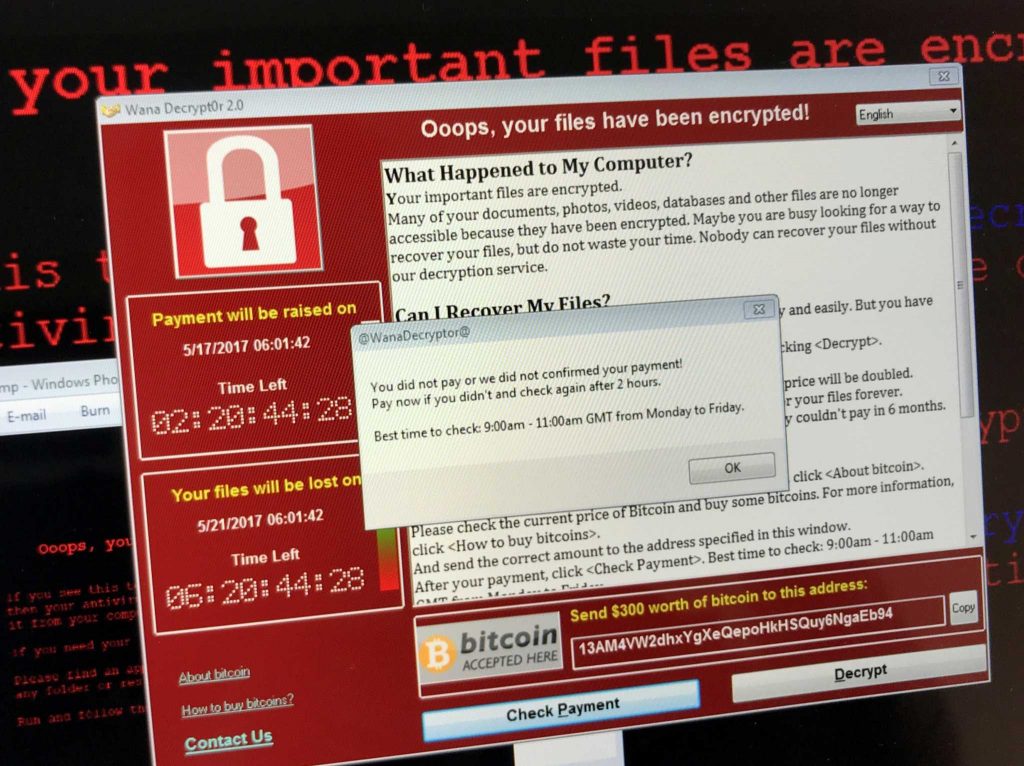Logistics companies and supply chains around the world are suffering from recurring hacker attacks – mainly those involving ransomware. As supply chain companies face increased risks with ransomware attacks, it’s more crucial than ever for businesses in this industry to establish a solid legal infrastructure for added protection.
If you’re considering starting a business in this field, you should consider forming a Limited Liability Company (LLC). Check out this guide on how to start an LLC to understand the process, and bolster your preparedness against potential threats.
The post-pandemic reality is especially difficult for chain supply companies, which are under pressure to return to smooth operations as quickly as possible. At the same time, they have become an attractive target of cyber threats. During the pandemic, transportation costs reached their all-time high, making logistics companies wealthier and therefore more vulnerable to cyberattacks.
Logistics companies targeted by ransomware cybercriminals
Recently – in February 2022 – Expeditors, a Seattle-based freight company operating worldwide, suffered a gigantic cyberattack. Although the business did not specify the type of attack, it is suspected that it involved ransomware – malicious software that encrypts data. The encrypted files are impossible to access, so victims are forced to pay a ransom if they want to recover their data quickly. Many businesses pay criminals because they cannot afford to spend too much time on the attack.
Expeditors are one of the largest freight companies in the world, earning about $16 million in gross logistics revenue. However, it is not immune to the actions of cybercriminals. In response to the attack, the company had to shut down most of its operating systems, making it impossible to track cargo or book new shipments for an extended period of time.
Expeditors is not the only company affected by hackers. In December 2021, Hellmann Worldwide Logistics had to suspend its operations due to a ransomware attack. The attack also led to the theft of some personal data, which was later used to target the company’s clients with malicious messages.

Chain supply companies in danger
Cybercriminals see profit in chain supply companies. One of the most famous examples of taking a chain member as a target is the Kaseya ransomware attack, which took place in July 2021.
Kaseya is an international software provider with headquarters in Miami and Dublin. It provides IT solutions to more than 40,000 organizations worldwide. It also provides technology to managed service providers (MSPs) which then serve other organizations, therefore Kaseya is central to a broad supply chain.
The Kaseya attack was linked to a Russian hacking group REvil. Cybercriminals took advantage of a vulnerability in Kaseya’s remote computer management tool, which is estimated to have affected up to 1,500 small and medium-sized companies down the supply stream.
Hackers use social engineering to profit
Both Kaseya and Hellmann Worldwide Logistics (and hundreds of other companies) experienced not only ransomware attacks but also data thefts. These were particularly dangerous, as the companies’ clients and contractors fell victim to malicious messages.
Stolen personal information was used to contact unsuspecting customers and business partners on behalf of trusted companies, which is known as phishing. The messages contained, for example, fake updates that were actually malware or payment requests.

How to prevent cyberattacks on chain supply companies?
Chain supply companies need to be extremely careful when it comes to cyberattacks. When a key part of the chain goes offline, other businesses will suffer as well. In the worst-case scenario, one attack can spread to multiple companies. This sometimes happens with malware attacks infecting numerous systems. How to prevent this from happening?
- Employee training. It’s not the technology, but the people that matter most when it comes to cybersecurity. Often untrained employees are the cause of attacks, as they click on malicious links and fall prey to personalized phishing campaigns. After that, the entire network may require malware removal. Training is crucial – employees should learn how to take care of their own security to protect their companies.
- Investing in software. Although cybersecurity starts with employees, technology is also essential. Companies that use old software and don’t update their security are most likely to fall victim to attacks. Investing in new software and security-enhancing tools, such as VPNs, is important.
- File backups. File backups are frequently underestimated by many companies. And that’s a shame – they are one of the best weapons against ransomware attacks. Ransomware attacks encrypt files to coerce the victim to pay a ransom. But if the victim had backups, they could restore at least some parts of the lost data and cut off some losses.
While implementing strong and up-to-date cybersecurity can be costly and time-consuming, it should not be overlooked. The financial losses generated during ransomware attacks on supply chains are hundreds of times greater than these investments. Let’s also remember that in the case of supply chain companies, one weak link endangers many businesses connected to it. A company that is not properly secured risks not only its finances but also its reputation among customers and counterparties.
For even more tech news, click right HERE.